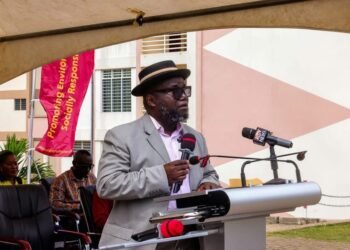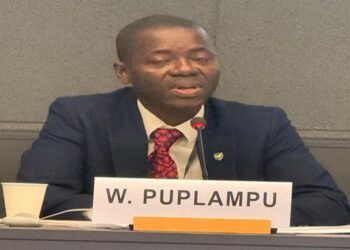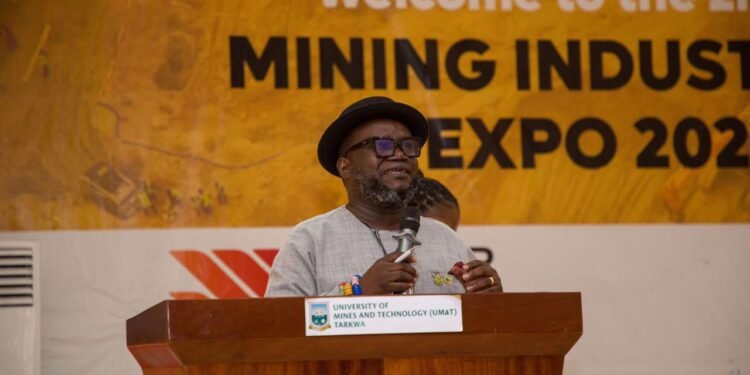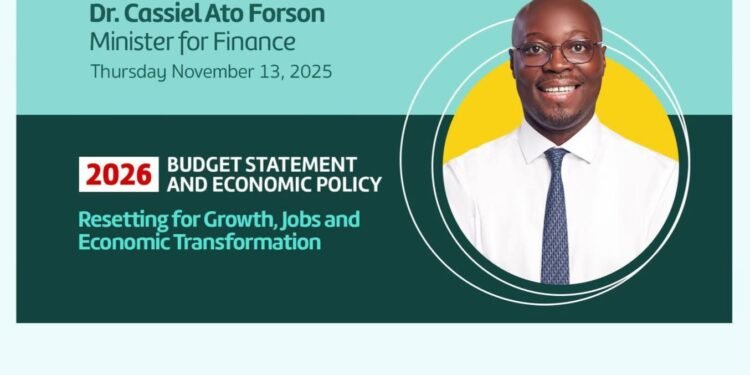The Ministry of State for Climate Change and Sustainability has reaffirmed the government’s commitment to advancing electric mobility in the transport sector, with a particular focus on transitioning two- and three-wheelers, such as motorcycles (Okada) and tricycles.
At the official launch of a 22-month research project titled “Exploring Ghana’s Transition Pathways to Electric Vehicles,” Mr. Cedric Dzelu, Technical Director at the Office of the Minister of State for Climate Change and Sustainability signaled the ministry’s strong policy backing for efforts to scale electric vehicle (EV) adoption in the informal transport sector.
“It is refreshing to be part of this engagement, and I know that the discussions held would feed into the briefing of the Honourable Minister, and by extension, to the Presidency.
“We are optimistic that, at the policy level, there would be strong backing to ensure that support mechanisms are implemented to benefit businesses, riders, and individuals within the e-mobility space.”
Mr. Cedric Dzelu, Technical Director at the Office of the Minister of State for Climate Change and Sustainability
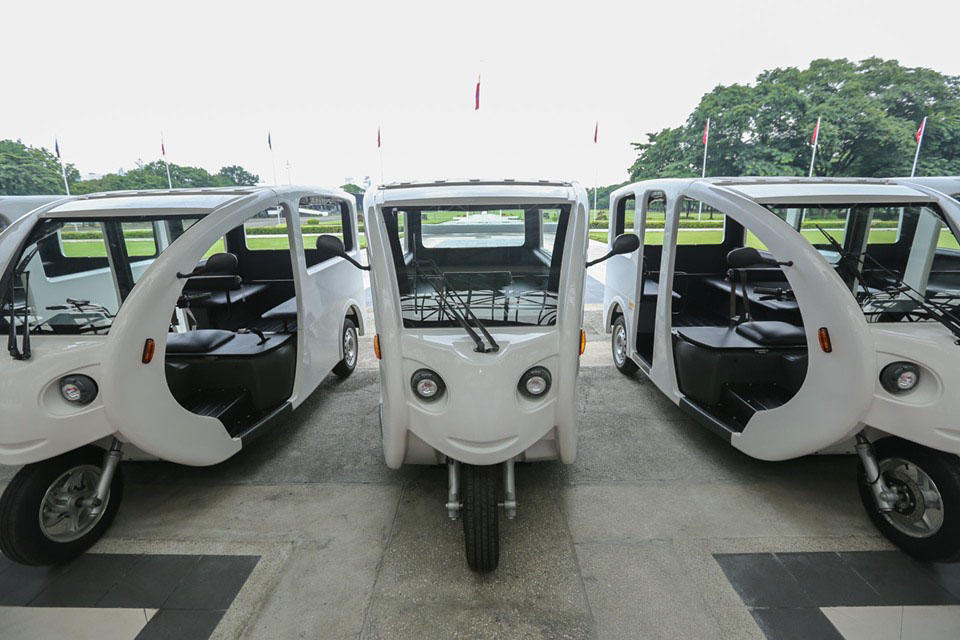
Mr. Dzelu acknowledged the growing presence of Okadas and tricycles in Ghana’s cities and rural areas, describing them as a daily reality that government policy must address.
He commended the Centre for Extractives and Development Africa (CEDA) and its partners for spearheading efforts to promote electric mobility in this segment.
This strategic effort aligns with national sustainability objectives and the broader goal of reducing greenhouse gas emissions while fostering economic development.
Mr. Dzelu stated that the government is prepared to support businesses and individuals in the electric mobility sector through subsidies, grants, and regulatory reforms.
The research initiative, led by CEDA with technical and financial support from the Climate Compatible Growth (CCG) programme and the UK’s Foreign, Commonwealth and Development Office (FCDO), will assess Ghana’s readiness to transition.
Key focus areas include the development of infrastructure, regulatory policy, investor engagement, and the socio-economic impact of electric vehicle integration.
High Stakes for Emissions

The transport sector remains Ghana’s largest contributor to energy-related greenhouse gas (GHG) emissions, accounting for about 38% of total emissions in 2021—up from 14% in 2015. This sharp rise underscores the urgency for intervention.
The National Energy Transition Framework identifies electrification of transport as a key pathway for reducing emissions while unlocking economic opportunities.
Two- and three-wheelers, which dominate the informal transport economy, have been identified as a scalable, cost-effective entry point.
“Electric two- and three-wheelers have the potential to reach cost parity with petrol-powered models soon.
“They are particularly well-suited for rural and peri-urban areas, where low-cost transport is essential.”
Mr. Cedric Dzelu, Technical Director at the Office of the Minister of State for Climate Change and Sustainability
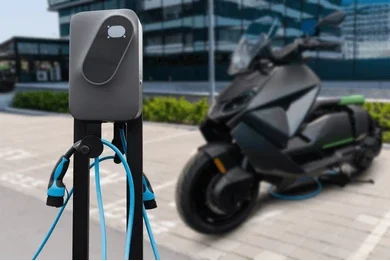
The transition to electric Okadas and tricycles is also expected to stimulate local manufacturing, create jobs in maintenance and charging infrastructure, and reduce Ghana’s reliance on fossil fuels.
The initiative aligns with broader political promises, including those outlined in the National Democratic Congress (NDC) manifesto, which supports the regulation and empowerment of the Okada business.
The growing synergy between policy and grassroots mobility needs could prove instrumental in accelerating adoption.
Stakeholders at the event expressed optimism that the findings of the research project would lead to actionable policy changes and private sector investments, ultimately positioning Ghana as a leader in sub-Saharan Africa’s electric mobility space.
With the transport sector as the largest contributor to energy-related emissions in Ghana, this initiative represents a significant step toward reducing the country’s carbon footprint and creating economic opportunities.
The alignment of policy reforms, private investment, and technical innovation places Ghana on track to achieving a cleaner, greener, and more inclusive transport system.
READ ALSO: Wencai Zhang Calls on Finance Minister, Pledges Stronger World Bank-Ghana Partnership






